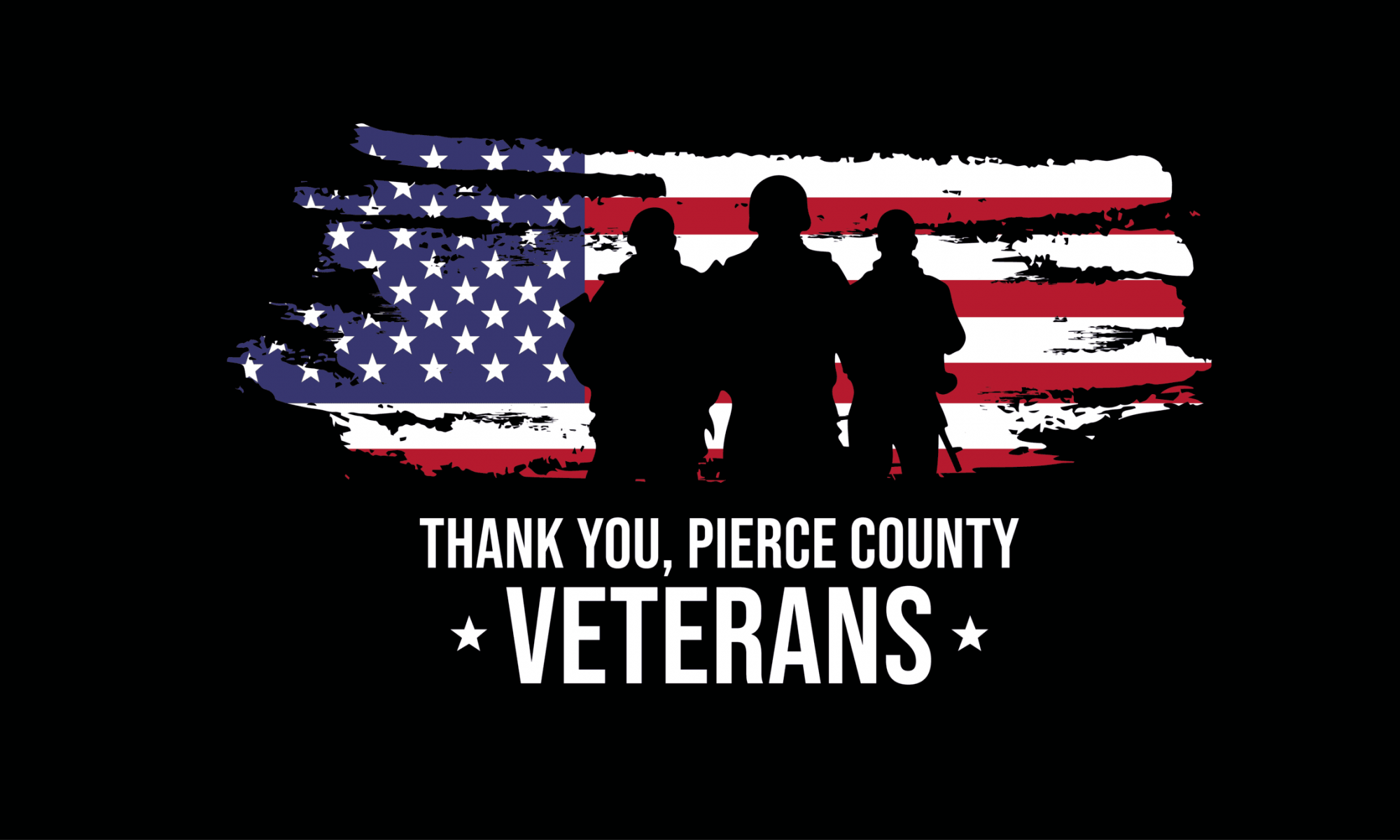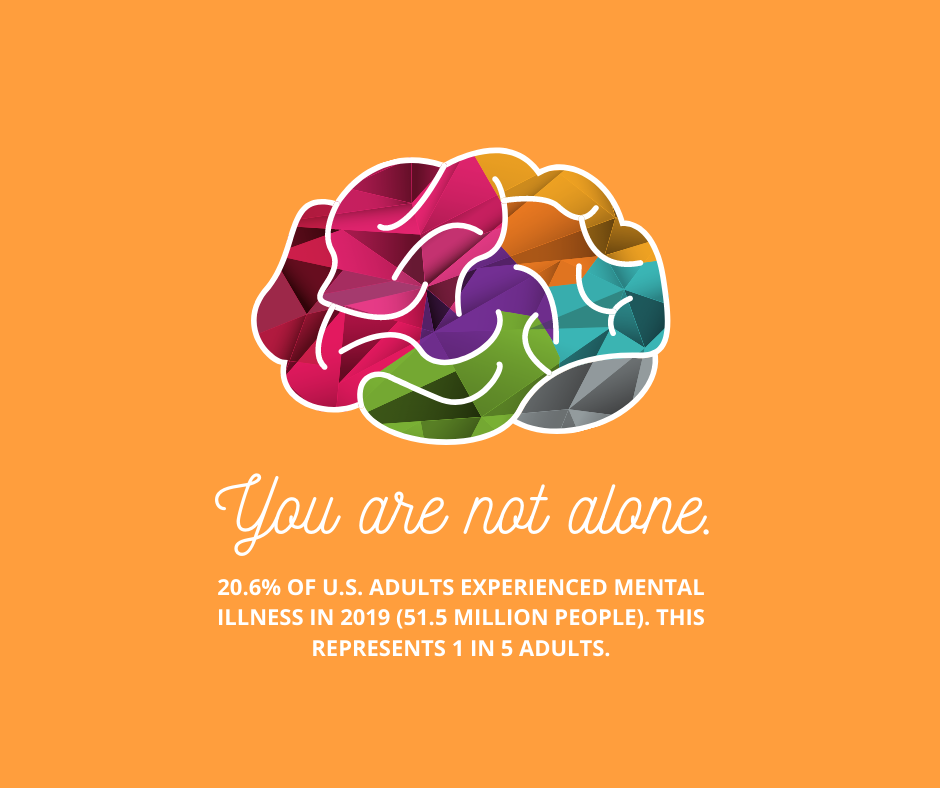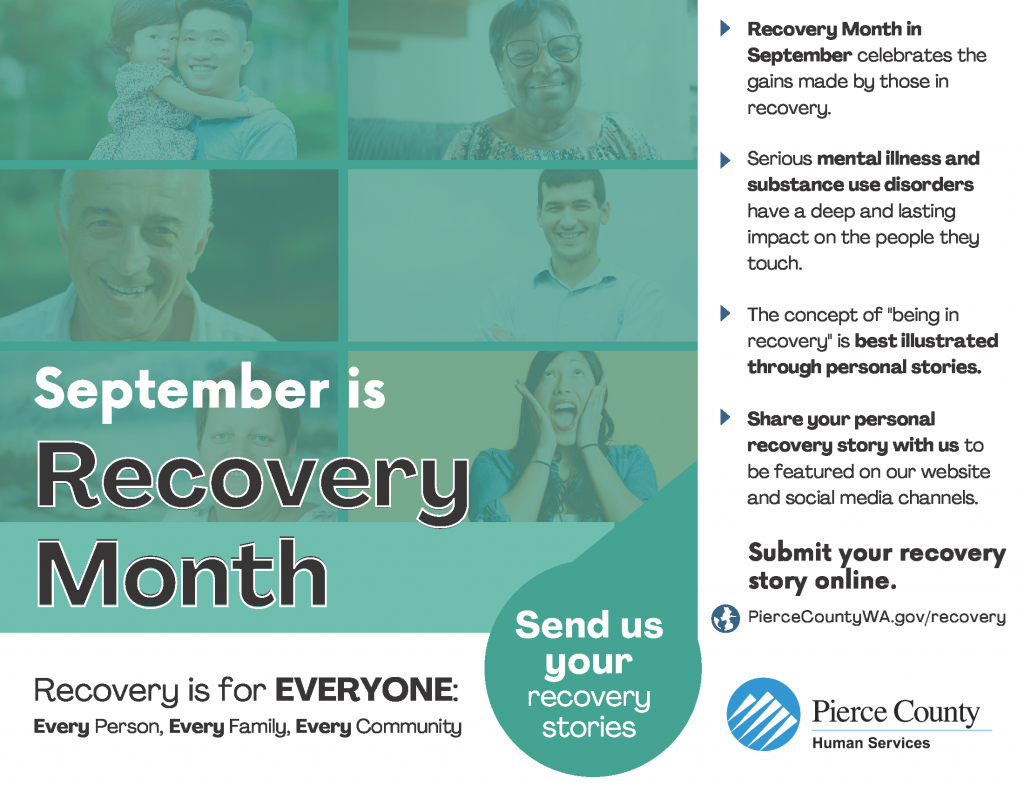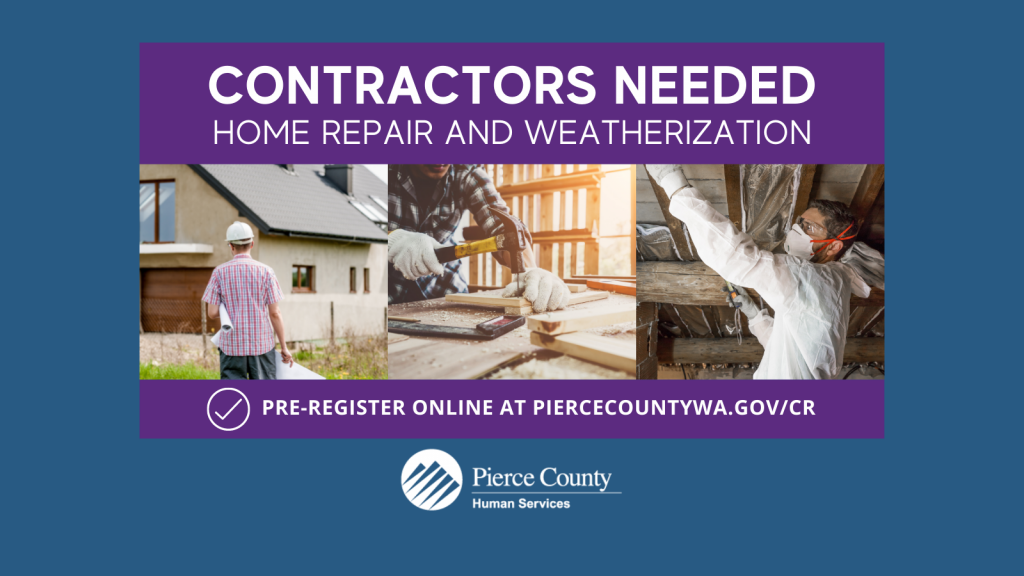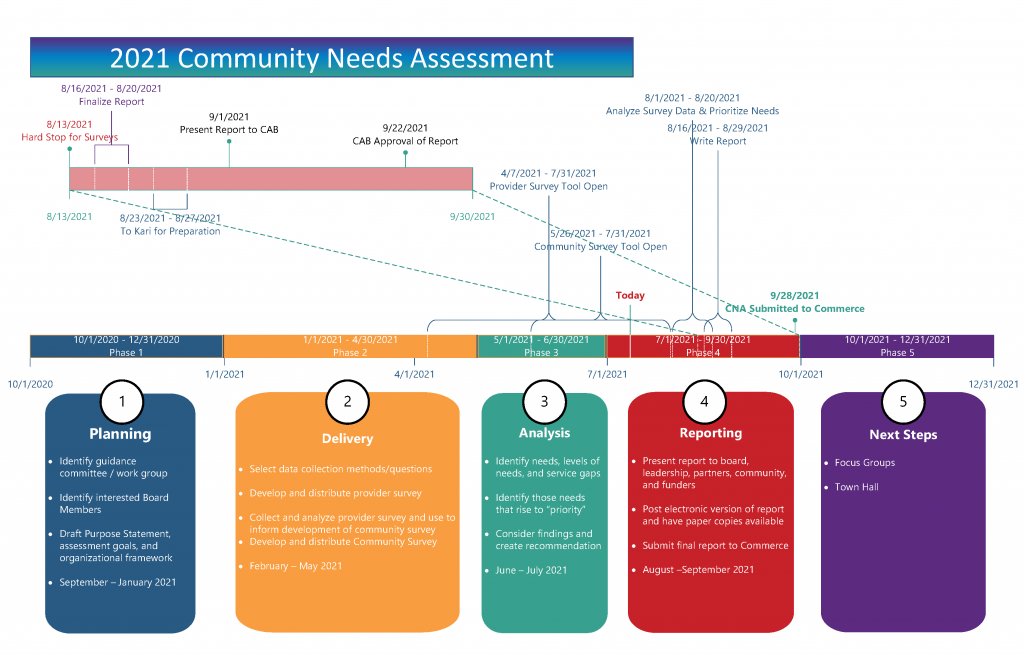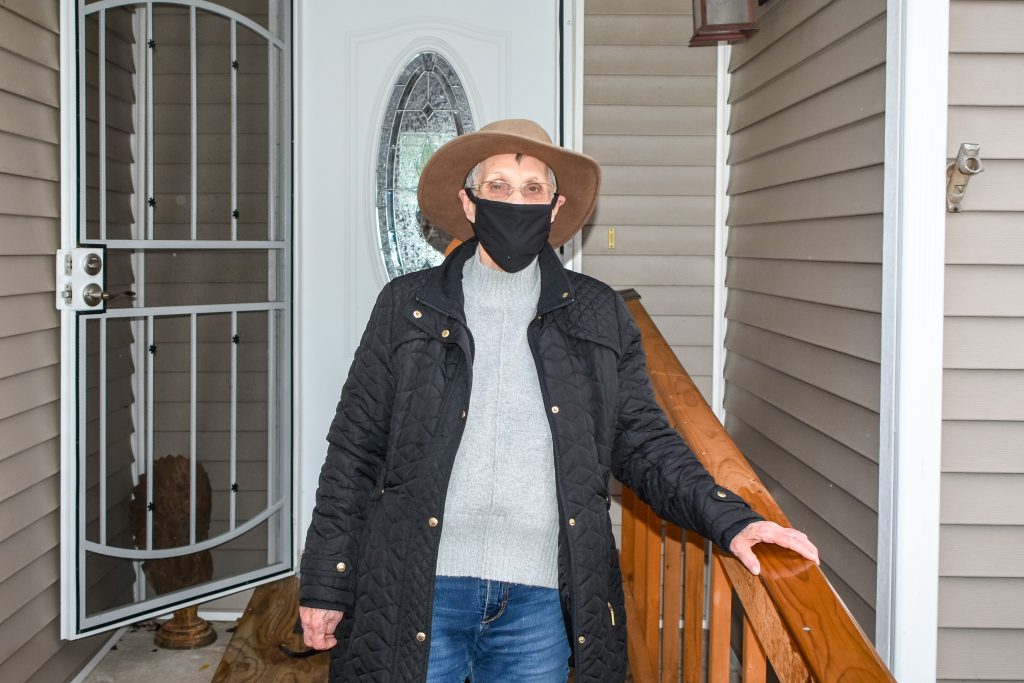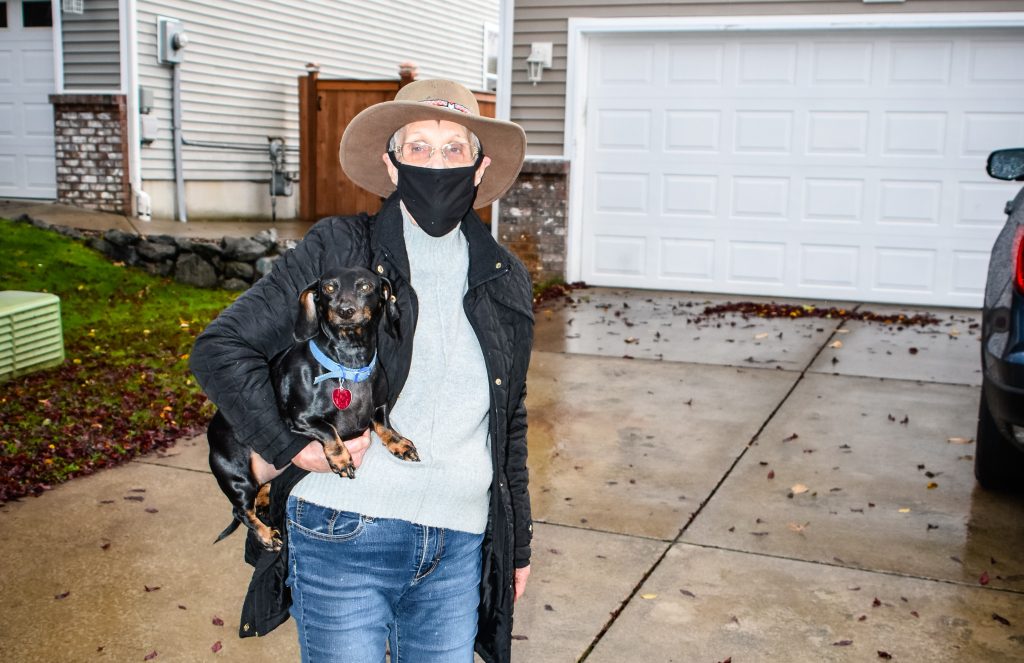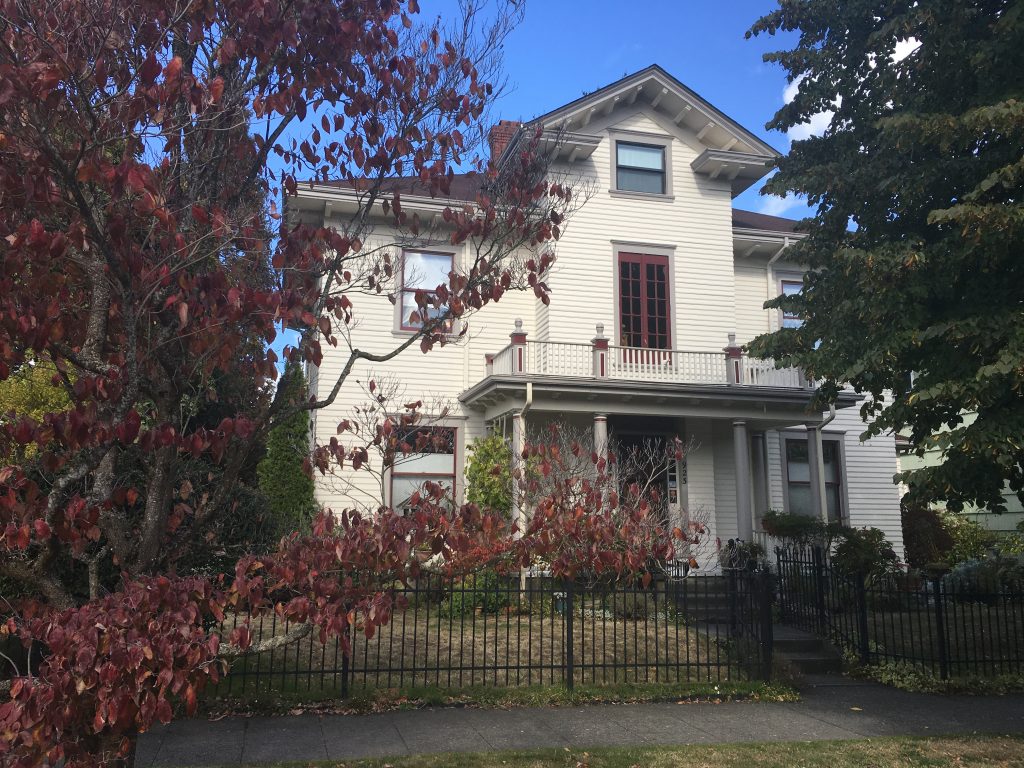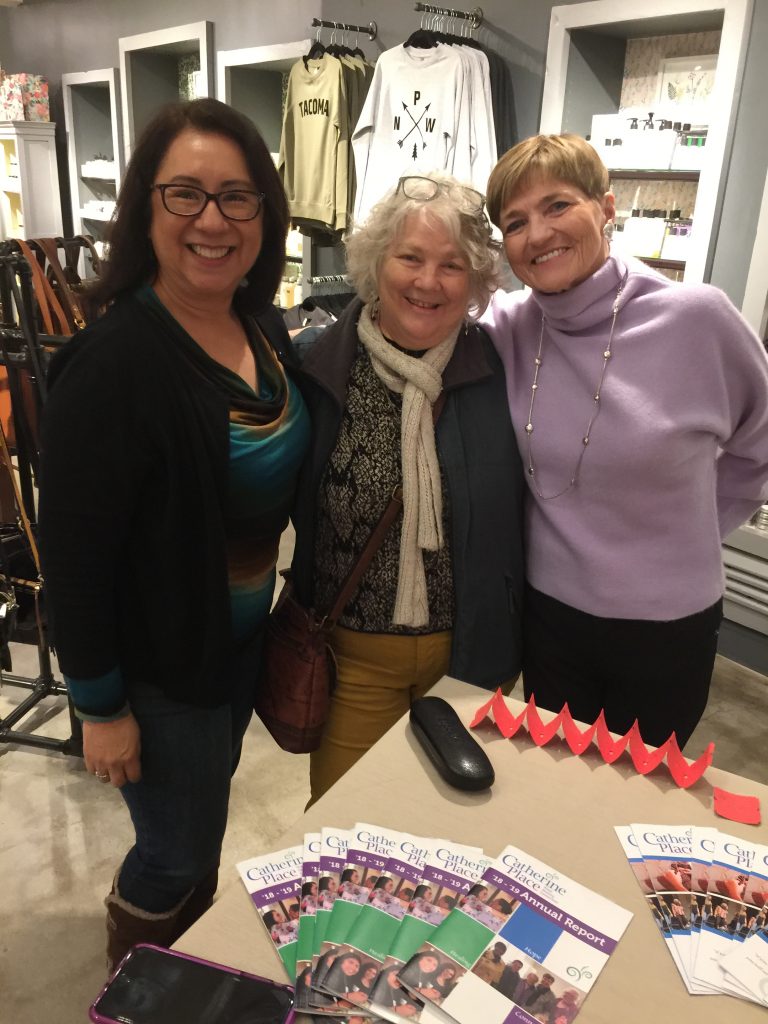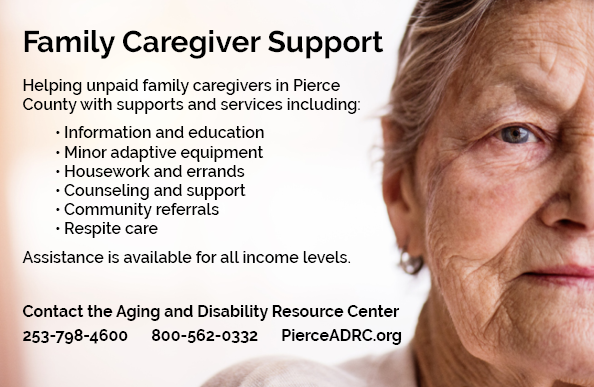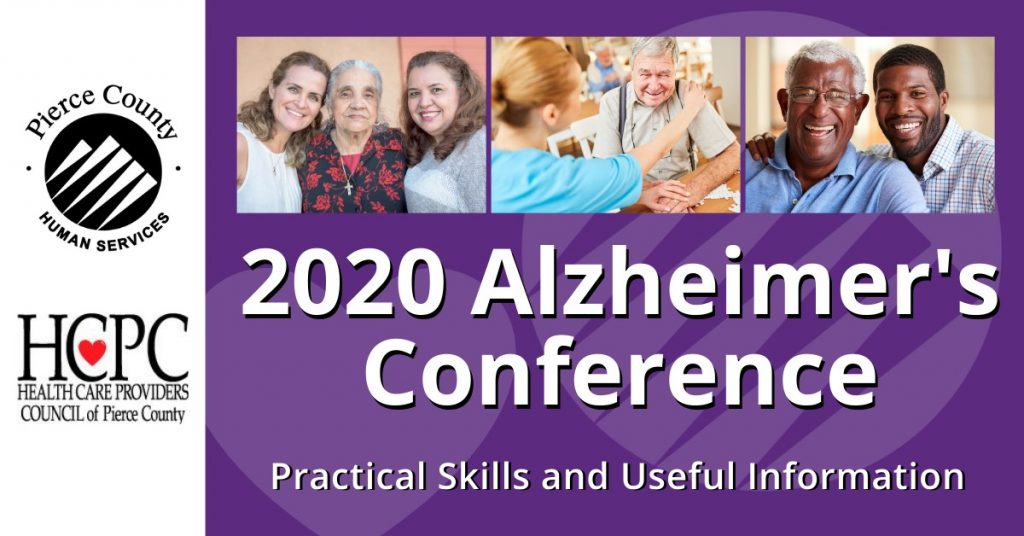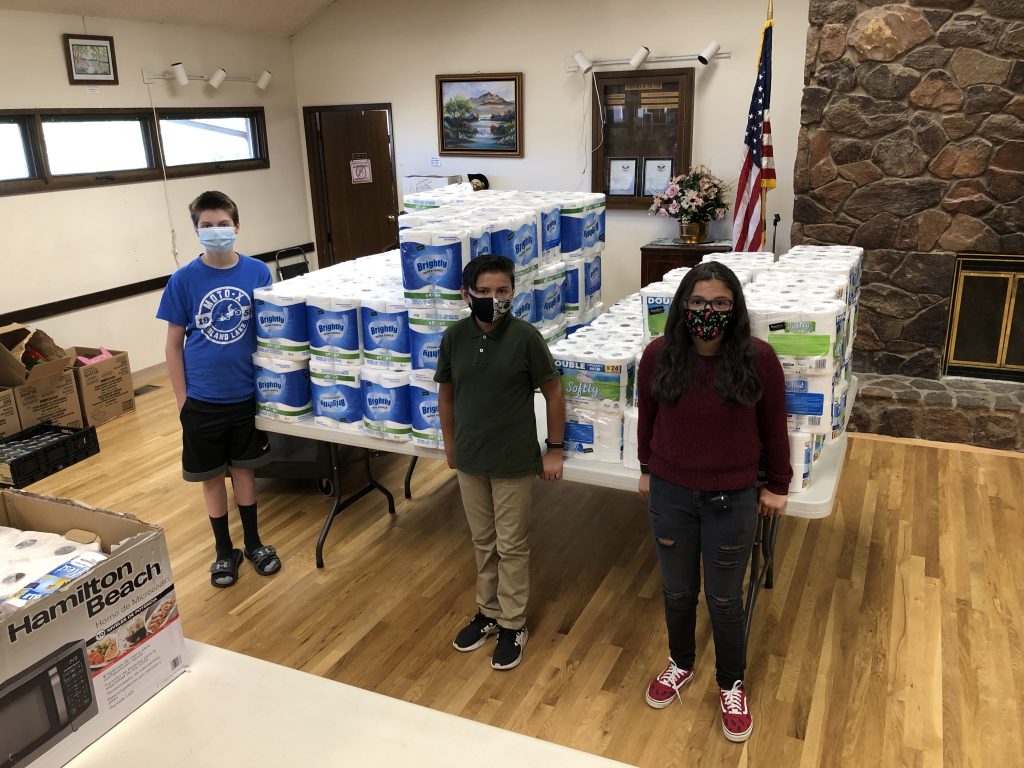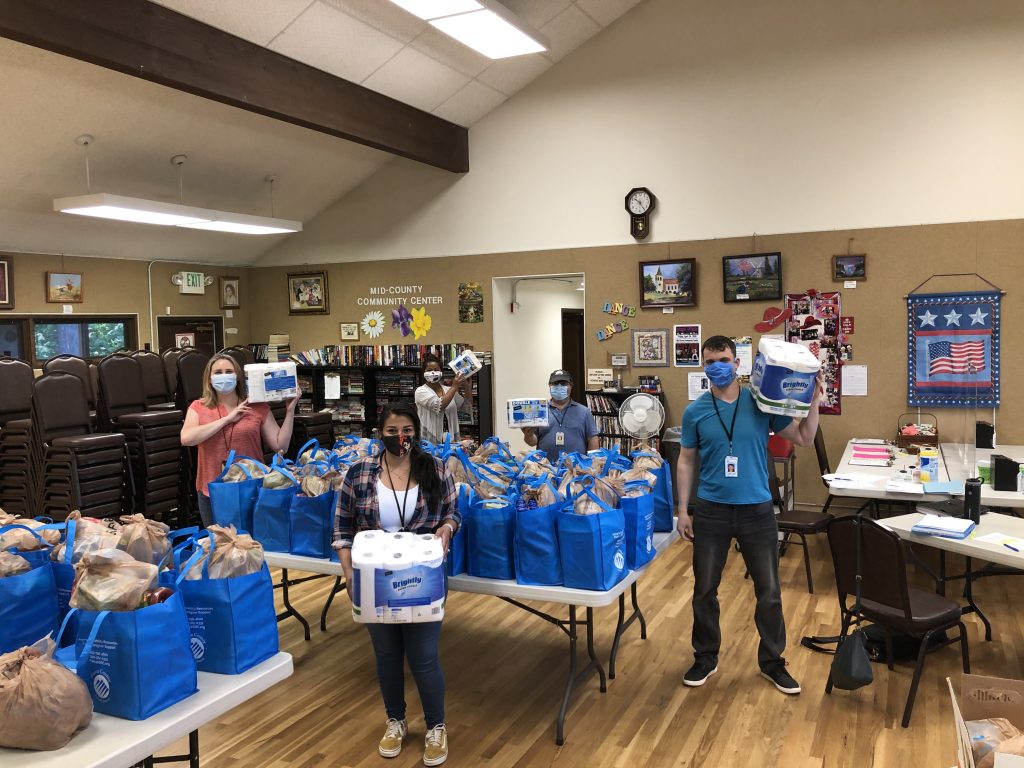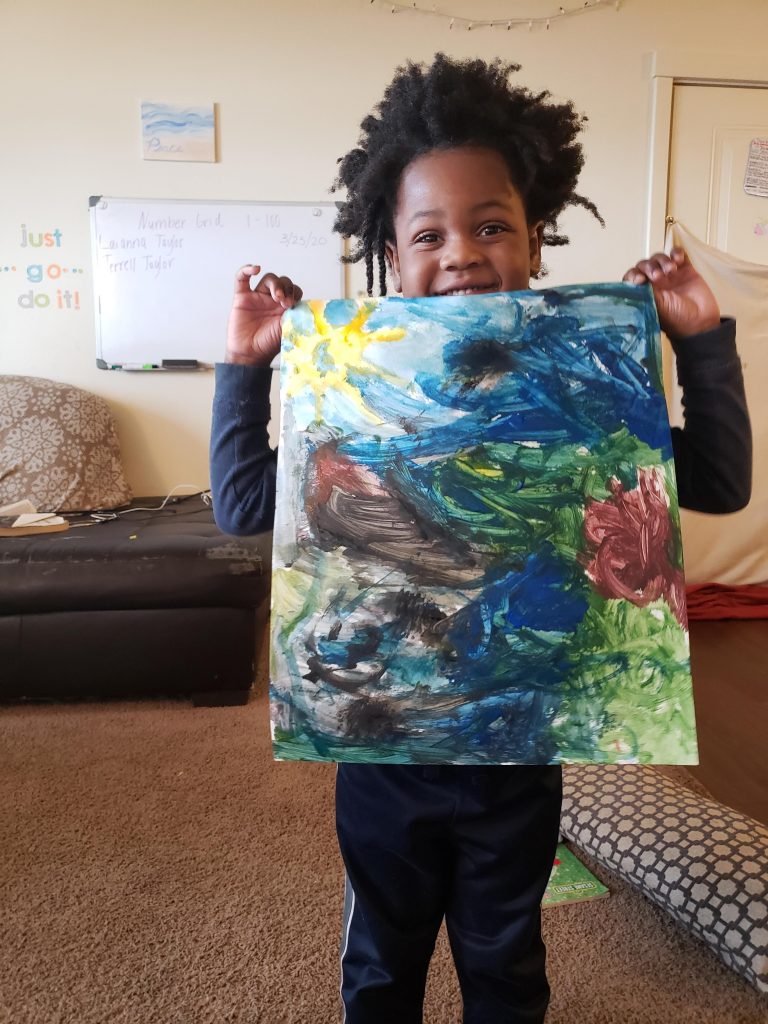Given that November is National Family Caregiver’s Month, Military Family Month, and November 11th is Veterans Day, Heather gave me the opportunity in this month’s blog to recognize our local military community. That community doesn’t just include those who served in uniform but also the family and caregivers residing in Pierce County.
Councilmember Hitchen reached out recently and asked me to do some research into the Elizabeth Dole Foundation and their Hidden Heroes program. Hidden Heroes works with military and veteran caregivers to increase an awareness of these valuable members of our community who often get forgotten. Recent data from the Elizabeth Dole Foundation shows over 38,000 military caregivers provide compassionate services in Pierce County alone.
Pierce County is a unique place due to the relationship this community has with the 50,000+ active duty, reservists, National Guard, and over 92,000 veterans who live here. We live in a community that displays this relationship all around us: every day we see the C-17s that take off from JBLM, the servicemembers in uniform as we shop in grocery stores, and the 645 square miles that make JBLM the 4th largest base in the world.
What we don’t always see are the caregivers and the other family members who are providing medical, daily care, and emotional support for military and veteran families in Pierce County. The average military or veteran caregiver spends over 40 hours per week caring for their loved one. These family members are the hidden heroes that the Elizabeth Dole Foundation strives to highlight for our local leaders and communities.
Pierce County has:
- 32,944 veterans with some level of a service-related disability (0 – 100%) and over 20,481 who are rated at 50% or higher for service-related injuries;
- 5,414 veterans who are 100% disabled due to service-related injuries; and
- 10,501 post-9/11 veterans who require a family caregiver.
My colleague, Aaron Van Valkenburg, and I recently worked with the Aging and Disability Resources Advisory Board and the Veterans Advisory Board to gather support for a Pierce County partnership with the Elizabeth Dole Foundation and its Hidden Heroes program. After introducing this program to both Advisory Boards, we received unanimous support.
If you want to learn more about Hidden Heroes and what it is doing to support veterans and military members, please visit https://hiddenheroes.org/. You can read about a local Hidden Hero Fellow right here in Bonney Lake; she writes about her own journey as a caregiver for her husband. I’m proud to report that in early November 2021 the County Council will be passing a resolution in support of a partnership between the Hidden Heroes program and Pierce County.
A community with a large military and veteran presence also has an equally large military and veteran family presence. As someone who had the privilege of serving in uniform and is a disabled veteran, I know the struggles families have as they watch their servicemember deploy, the lack of communication with their loved one in a potentially dangerous environment, and the impact that service-related injuries have.
Please take a few moments in the next few weeks to reach out to the veterans in your life. Thank them for their service but also celebrate the families who supported them along the way and served alongside them.
Often when we think about veterans, we may not fully value the sacrifices made by spouses, children, parents, family, and friends. If you know any caregivers, please reach out and thank them for what they do for their family members, friends and loved ones.
As a proud veteran of the Navy, I want to thank all who have served but also their families, their support structures, and the community that has lifted up my fellow veterans.
-Robert Sheetz, Veterans Programs Manager

